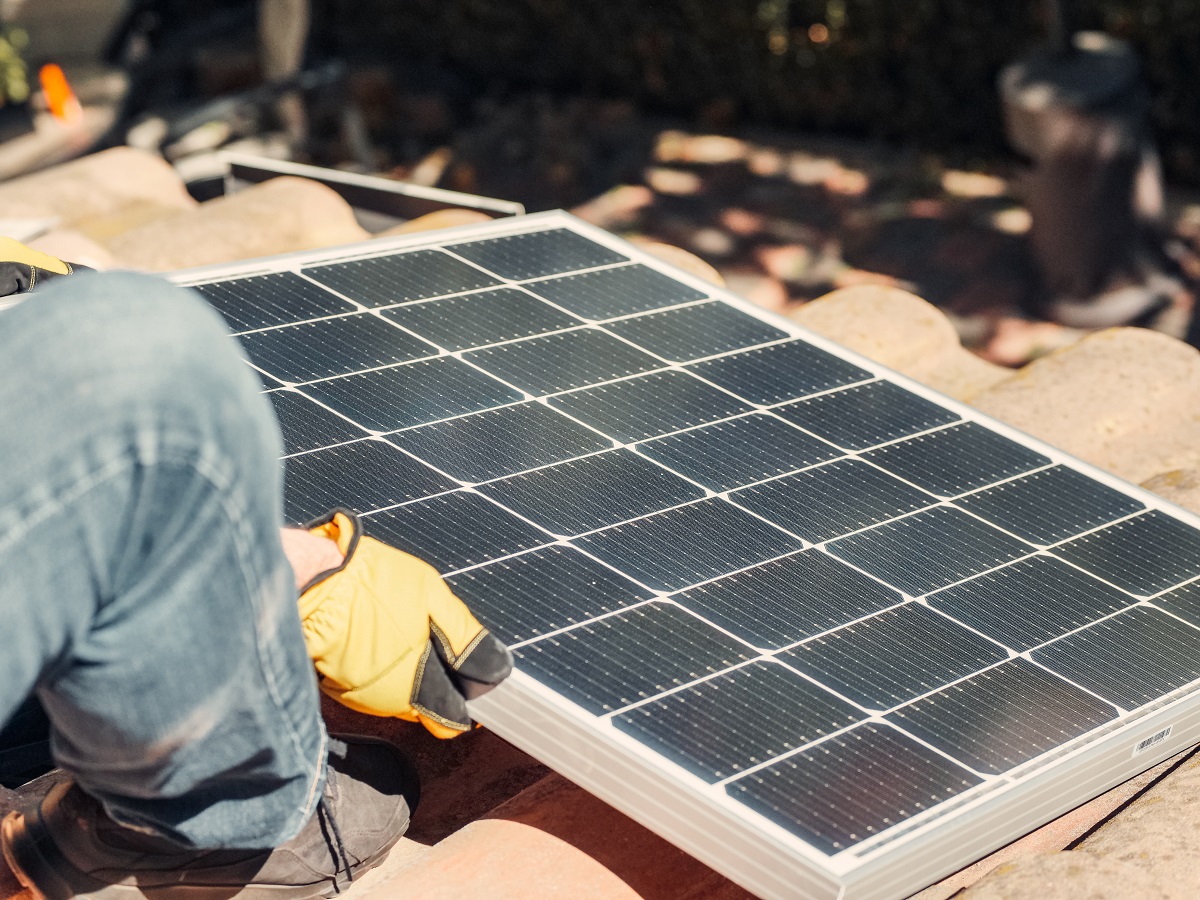The current global energy crisis highlights the urgency and extent of the task of transforming Africa’s energy industry, also as the benefits of a faster transition to more cost-effective and cleaner energy sources such as the possibility of solar installation.
In that sense, today, NEoT Offgrid Africa announced a collaboration with two other companies in developing a 1.7 megawatt (MW) solar energy project in Benin. It’s an energy investment platform of France’s EDF and Paris-based asset manager Meridiam.
A pilot for regulated off-grid electrification with solar installation
The two companies are GDS International which is a subsidiary of the French energy group Générale du Solaire, and ARESS which may be a West African energy transition firm.
They will collaborate on a mini-grid project to provide electricity in 12 rural communities. It includes 3 MWh of battery capacity to power over 5,000 homes and businesses. According to predictions, it supposes to be completed within a year.
The idea is that it will serve as a pilot for regulated off-grid electrification in Benin, a rustic that has historically failed to capitalize on its vast renewable resources due to insufficient investment.
According to the companies’ statement, the project represents an investment of 8.5 million euros ($8.79 million), co-financed by NEoT Offgrid Africa, as a financial partner, and funds from the US government’s main development fund, Millennium Challenge Corporation.
IEA analysis on Africa’s solar potential
International Energy Agency data says that Africa has 60% of the world’s best solar resources. But, Africa has just one installed solar capacity.
In IEA’s report “The Africa Energy Outlook 2022” IEA within the report analyses infrastructure expansion needs. The report also analyses investment requirements and financing options, and energy policy priorities. The paper also explores a shifting fuel mix that supports resilient development. The other topic is opportunities for brand-spanking new exports, and just transition issues. This includes energy access, affordability, and employment.
This is a new special report from the International Energy Agency’s World Energy Outlook series. It explores courses for Africa’s energy system to develop toward achieving development goals. It includes universal access to modern and affordable energy services by 2030 and nationally determined contributions.

